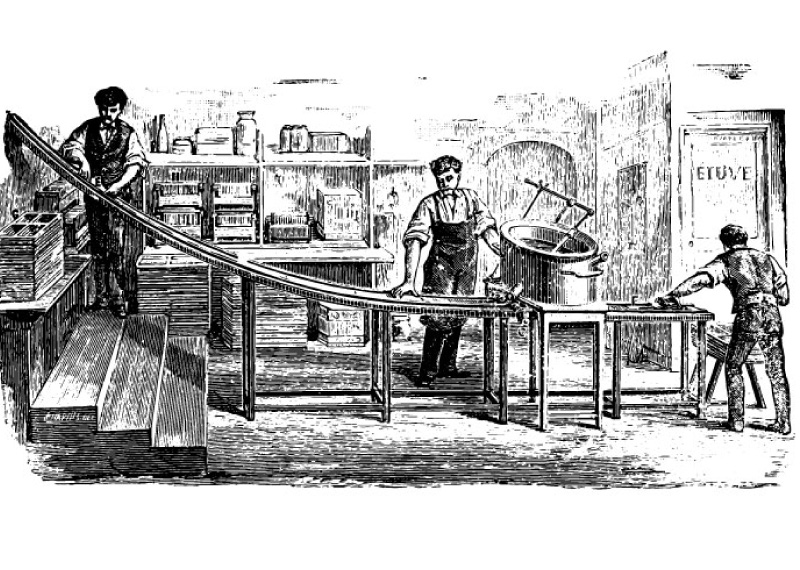THE ORIGIN OF PASTA
The stories of pasta and the cultural cousins of the pasta family are probably endless to research and tell. How is it that people in distant geographical borders developed various types of pasta, noodles, noodles and similar derivatives, used their creativity and shaped them in various ways, not only that, but also made various dishes from pasta from soup to dessert, and built a culture on pasta? The classic story we all know is that the Chinese invented pasta and Marco Polo took pasta to Italy... but is that really the end of the story? Isn't this story unfair to noodles and noodles? There must be a relationship between curiosity and pasta, even though etymologically they do not come from the same root. I think our ancestors or the ancestors of different cultures wondered ‘what if I mix this and that, what if we add this and that?’ and grew pasta and its cousins into a huge family.
Let’s start our journey into the world of pasta with its etymology. The Turkish word we use, makarna, is believed to come from the Italian word maccheroni, which derives from the verb ammaccare, meaning "to crush" or "to shape". It is thought that this word itself was passed to the Italians from the Arabs. The Greek word makaronia, from which maccheroni/macaroni also originates, means "round noodles".
Today in Italy, macaroni is a general term used for small to medium-sized pasta shapes – what we usually call short pasta. For example, in the popular dish "Mac & Cheese" in Europe and the U.S., the “Mac” refers to a shortened form of macaroni, and varieties like elbow macaroni used in the dish fall into this category.
In Italy and many parts of Europe, pasta is referred to as pasta. The word comes from the Italian pastasciutta, meaning "dried dough". Any product made from durum wheat and water is generally called pasta.
In Turkish culture, the equivalent of pasta is erişte, a word borrowed from Persian. The Persian word rishteh means “thread” or “strip”, and the verb rishtan means “to spin” or “to twist”, again referring to shaping the dough – just like pasta.
I was surprised when I researched the etymology of the word noodle. I initially thought it might have an East Asian origin. But according to major dictionaries like Oxford and Merriam-Webster, it traces back to 18th-century German. The German word “Nudel” refers to long, narrow strips made from dry dough. So in essence, erişte, pasta, and noodle all describe shaped forms of dough.
In Chinese, the Mandarin word miàn (with variations like mein, mien in other dialects) refers to wheat-based noodles, while fén (also fun in different dialects) describes noodles made from non-wheat flours like rice or buckwheat.
Though pasta, erişte, and noodles belong to different cultures, their etymological roots convey the same idea: a shaped food made from dough. The real significance lies in the meaning each culture attaches to it – shaped by flavor, memory, and heritage. That’s why everyone has their own unique pasta story.
